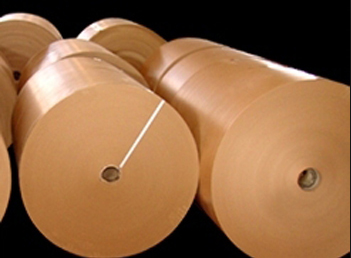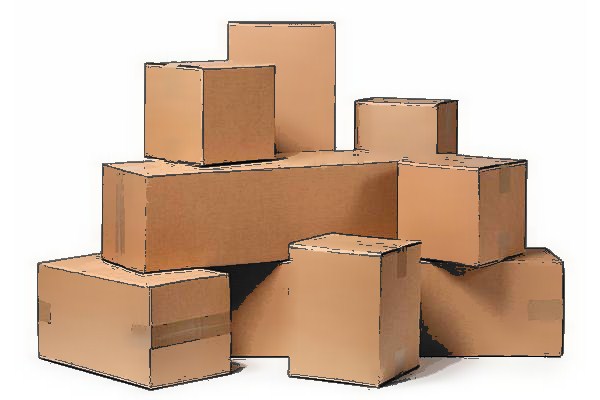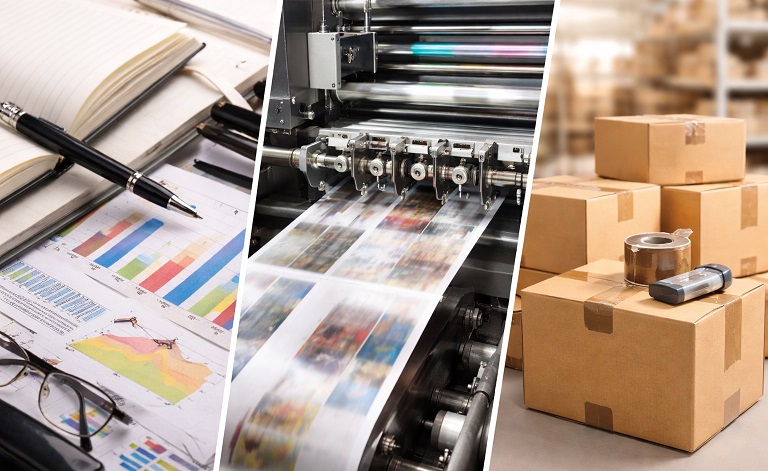JK Paper: Focusing on value-added products based on emerging market trends


JK Paper: Focusing on value-added products based on emerging market trends
The global economy that was taking the first tentative steps to a growth revival following a period of slowing growth last year (lowest since the 2009 financial crisis), was all of a sudden jolted by the COVID-19 pandemic. The Indian economy too was going through a slowdown even before the present crisis, when growth slipped below 5%, with particular concern over the sliding growth in the manufacturing sector.
This was exacerbated by the surge in cheaper imports, not only from our FTA partners, but also crucially from China. Although the Government decided to opt out of the RCEP, the threat of imports routed through third-country remains. To address the growth slowdown, the government also undertook significant tax reforms, where the corporate tax rate was cut down to 25% for all companies, with lower rates of 15% for new manufacturing units to incentivise firms away from China and set up shop in India. RBI on its part also lent a helping hand through 'significant' monetary easing where policy rates were cut by a whopping 135 bps. This has continued after the COVID-19 outbreak, with policy rates now pegged at 4.15%. Besides, other monetary measures have infused about 4% of GDP into the system. It is another matter that banks have transmitted only a small part of the rate cuts, with most remaining risk-averse and quite content to park the excess funds back with the RBI.
In such a scenario, JK Paper was able to maintain its leadership in the market, where it achieved a strong EBITDA despite a fall in selling prices. This was achieved through a combination of lower input costs, high operational efficiencies and lower finance costs through deleveraging.
Owing to our extensive plantation activities since the last 5-7 years, our wood procurement is now totally from areas closer to our mills. This has led to a steady reduction in material costs.
JK Paper achieved the best energy efficiency parameters in the industry during the year; power consumption has been reduced further with low fresh water consumption per tonne of paper. In fact, we are the best in the paper industry to use treated sewage water in our process. Furthermore, JK Paper is also a pioneer in burning secondary sludge in the recovery boilers.

JK Paper's focused deleveraging had led to a significant reduction in finance costs, despite overall interest rates remaining high (due to lower transmission of RBI's policy rate cuts).
The Company's net debt had come down by over 50% in the last 5 years, resulting in a net debt-equity ratio of 0.4x in 2019-20 from over 2x in 2015. Our interest coverage ratio has improved 6 times over this period.
To take advantage of the growth momentum witnessed in the country’s paper sector, JK Paper is working towards increasing its production capacity from 4.5 lac TPA to 8 lac TPA (including capacity of The Sirpur Paper Mills Limited) by next year. This capacity augmentation is aimed at significantly expanding our packaging board capacity to take up growth opportunities on offer, with the proliferation of e-commerce, digital initiatives and growth upsurge in the pharmaceuticals sector.
Despite the setback from the COVID-19 triggered lockdown, it is progressing as per schedule, although support from banks and financial institutions would be critical for us to adhere to timelines. Sirpur Paper Mills, with a capacity of about 1.4 lac TPA, which we acquired through the IBC route, commenced production. We have undertaken significant refurbishments at the plant in the last year and achieved up to 70% of the operative capacity.
JK Paper is also continuously focusing on value-added products. These are based on emerging market trends, especially the higher demand for packaging paper with the increased emphasis on e-commerce, retail, pharma, digital payment systems, etc. Some specific new products that were well accepted in the market are JK Carry for paper carry bags, JK Ecosip for paper straw, JK Pharma print and JK Devine Print for pharma industry and JK DiGi Roll as Receipt/invoice print paper for POS machines.
To enable our product reach to more geographies and markets, our strong distribution network of over 4,000 dealers and over 300 trade partners play a significant role. The global economy is currently going through a period of heightened uncertainty - a VUCA (volatility, uncertainty, complexity and ambiguity) world, with no real breakthrough in sight over the containment of the virus. This obviously will have repercussions on consumer demand and overall growth. Already the projected growth decline for this year is far worse than we witnessed in recent times, including the financial crisis of 2008. Early indicators point towards a severity similar to the great depression that engulfed the world economy almost a century ago. However, the recovery, which is expected to take hold in the second half of the year, is likely to be swift. Your Company remains committed to put its best efforts to ensure its return to the growth path soon.
The above message is given to Shareholders in the JK Paper’s Annual Report by Mr. Harsh Pati Singhania Vice Chairman and Managing Director at JK Paper Ltd.

Web Title: JK Paper Focusing on value added products based on emerging market trends




 Join WhatsApp Group
Join WhatsApp Group Join Telegram Channel
Join Telegram Channel Join YouTube Channel
Join YouTube Channel Join Job Channel (View | Submit Jobs)
Join Job Channel (View | Submit Jobs) Join Buy Sell Channel (Free to Submit)
Join Buy Sell Channel (Free to Submit) Paper News Headlines Channel (Free to read)
Paper News Headlines Channel (Free to read)










